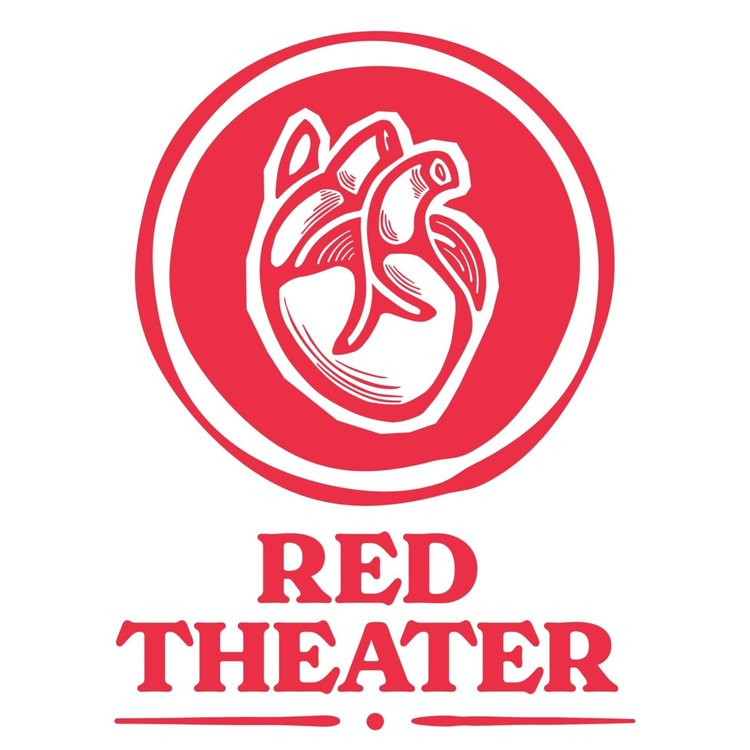Meet the Playwright
Savannah is a playwright and screenwriter based in West Philadelphia.
She holds an MFA from Carnegie Mellon University, where she studied with Rob Handel. Her plays have been produced at theaters and universities across the country, commissioned or developed by Walking Shadow Theater Company, The Flea, the University of Minnesota, SuperGroup, the Playwrights Center, and Seven Devils New Play Foundry, and supported by residencies at Tofte Lake Art Center and MassMoCA. Her feature-length screenplay Beebe and Barton was the winner of the national Sloan Student Grand Jury Prize in 2015, and her short film Men Among Men was the winner of the Bill Murray Comedy Award at the Twin Cities Film Festival (judged by Bill Murray himself!). She was a 2020-21 McKnight Fellow at the Playwrights Center, and her play Oedipus in Seattle was the winner of the audience choice award at the 2022 Philadelphia Fringe Festival. She currently teaches playwriting and screenwriting at the University of the Arts and Dramaturgy at Swarthmore College. savannahreich.com
Where did the idea for Caveman Play originate?
SR: So, I remember I was in this library, this kind of crummy branch library that didn't have that much at all. And I was looking for something to read, I think I was about to go on a trip or something. I had found a copy of Sex at Dawn, which…I don't remember who wrote it, but it's this sort of pop anthropology book that is about the switch from hunter-gatherer to agriculture. I think that's where I got the idea that monogamy was an invention of agriculture. It reminded me of reading…what is that book, something about Ishmael by Daniel Quinn (is it just called Ishmael? I don't know, this was a book I read as a teenager). It was all about, you know, the evils of civilization, and if we had never crossed over to agriculture, none of the terrible things that are happening now ever would have happened because it just wouldn't have been possible. I started thinking about, if we knew then what we know now, if we were able to somehow understand the implications of that choice, would humanity have still chosen agriculture? Also, I remember that Sex at Dawn was a lot about how agriculture instantly was a lot harder than what had come before it and involved, you know, doing farming (essentially, hunter-gatherers only would work about two hours a week). So it was interesting to me to think about why that choice was made, and what it actually involved.
SR: Yes, I definitely use audience participation in a lot of my work. It's not necessarily about that audience participation per se. It's more about creating a situation where it feels like something could go wrong. Finding that risk, finding that liveness. I have another show where there are actors, but they haven't rehearsed. So I am looking for any way to approach the idea that we're not in control as artists, and this night of theater might go in a way that's surprising to everybody.
You include audience participation in many of your plays. What’s exciting to you about that device?
You’ve taken Caveman Play on tour in the past. What stuck with you from those runs?
SR: I did produce a version of Caveman Play with my theatre company, its first production. I played Dandelion, and a bunch of my good friends were in it as well. We toured that across the country. At the end of the play, the audience is asked if, knowing what we know now, would we still vote to adopt agriculture, or should we have stayed hunter-gatherers? One thing that was really funny about going on tour is we found that there was a really strong geographical divide. Pretty much all of the East Coast voted for agriculture, and all of the Midwest voted for hunter-gatherer. So that's super interesting, and something that I have a lot of ideas about why it might be. I'm interested to see what audiences in Chicago tend to decide.
SR: I very much don't have an answer to that question. I think I wrote this whole play about how I don't have any answer to that question, and we all just have to live not knowing, right? We have to hope that things will get better while also knowing that, historically, as things get better, they also get complexly worse. Both the beautiful things and the horrifying things about being alive in a society are always present together at the same time.

